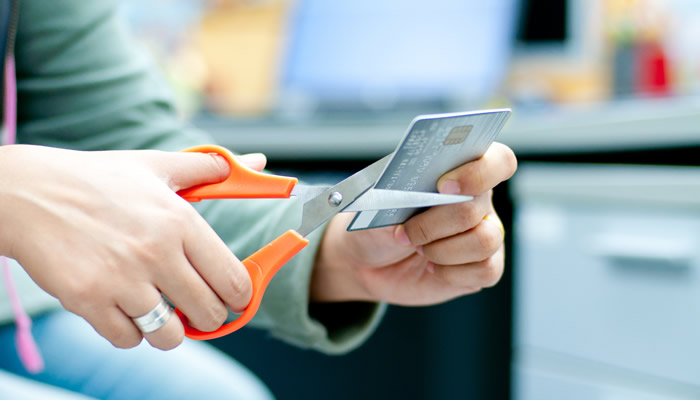GET RID OF YOUR CREDIT/DEBIT CARD IF....
It's crucial for people to be aware of the risks associated with online card usage and understand the steps they can take to protect themselves from potential threats.
Hello! I understand you might be wondering, "What do I mean by 'GET RID OF YOUR CREDIT/DEBIT CARD'?" Please stay calm and let me explain why you should consider getting rid of your credit/debit card.
In one of my previous blogs (https://caretakerport.blogspot.com/2023/08/let-talk-about-network.html), where I discussed networks, I likened a network to a cloud where millions of data transactions occur, both authorized and unauthorized. It's crucial to exercise caution when inputting information into a network.
You probably use your bank card frequently on various platforms or networks, such as Amazon, Konga, Jumia, or Jiji for online shopping, and Facebook, Instagram, or WhatsApp for advertisements or engagement payments. Unknowing to many, your bank card information may be stored in these networks or platforms. This is why sometimes, when making payments on a platform, you don't need to re-enter your bank card information. The platform can retrieve your card details (because you've used the card on their platform before), requiring only the CVV and PIN number for a successful transaction.
Attackers are always on the lookout to breach networks and steal valuable information, including your bank card details. Once they obtain your bank card information from a network, they may save it for future attacks. Now you understand why it's essential to take action and get rid of that card. You should apply for a new card with your bank. The bank will issue you a new card after blocking your previous one in their system. This way, attackers won't be able to access your funds.
You might be concerned about the fee to apply for a new card, but remember, it's a small price to pay for the security of your finances. It's better to invest in a new card now than risk losing all your money to an attacker. I hope this clarifies the importance of this step!
The risk is very high if you belong to this set of bank card users. Read more on this topic in our blog post: High Risk of Online Bank Transaction. But here are some additional reasons why people should take steps to minimize the risk associated with their bank cards:Identity Theft Prevention: Protecting your bank cards helps prevent identity theft. Cybercriminals can use stolen card information to impersonate you and engage in various fraudulent activities, potentially damaging your credit and personal reputation.
Financial Security: By proactively managing the security of your bank cards, you safeguard your financial stability. Unauthorized transactions can lead to significant financial losses, which can be challenging to recover.
Avoiding Stress and Inconvenience: Dealing with unauthorized charges and card fraud can be extremely stressful and time-consuming. Getting rid of the risk by following security measures reduces the likelihood of these hassles.
Preserving Credit Score: Credit card fraud can negatively impact your credit score if left unaddressed. Protecting your cards helps maintain a good credit rating, which is crucial for future financial endeavors.
Preventing Account Lockout: Some banks may temporarily lock or freeze accounts when they detect suspicious activity. Changing your card with your bank can help prevent such inconveniences.
Privacy and Confidentiality: Protecting your card information is essential for maintaining your financial privacy. Cybercriminals who obtain your card details may also gain access to other sensitive personal information.
Staying Ahead of Cybercriminals: Cybercriminals are continuously evolving their tactics. By staying vigilant and regularly updating card information, you can stay one step ahead of potential threats.
Supporting Bank Fraud Detection: When you report a lost or stolen card, your bank can take immediate action to block any unauthorized transactions. This contributes to the overall security of the banking system.
Setting a Good Example: Sharing your experiences and encouraging others to protect their bank cards sets a positive example within your community and helps create a safer online environment for everyone.
Compliance with Security Best Practices: Taking proactive steps to mitigate card-related risks aligns with cybersecurity best practices. It demonstrates responsible and secure online behavior.
In summary, getting rid of the risk associated with your bank cards is crucial for safeguarding your financial well-being, protecting your personal information, and contributing to a more secure online ecosystem for everyone.




Comments
Post a Comment